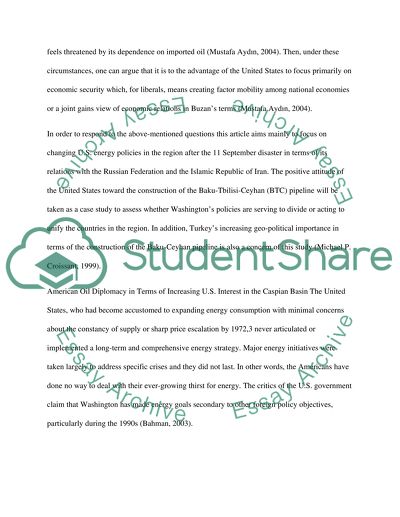Cite this document
(“The United States of America's strategic policies towards the Caspian Dissertation”, n.d.)
Retrieved from https://studentshare.org/other/1425685-the-united-states-of-americayies-strategic
Retrieved from https://studentshare.org/other/1425685-the-united-states-of-americayies-strategic
(The United States of America'S Strategic Policies towards the Caspian Dissertation)
https://studentshare.org/other/1425685-the-united-states-of-americayies-strategic.
https://studentshare.org/other/1425685-the-united-states-of-americayies-strategic.
“The United States of America'S Strategic Policies towards the Caspian Dissertation”, n.d. https://studentshare.org/other/1425685-the-united-states-of-americayies-strategic.


